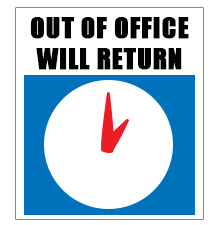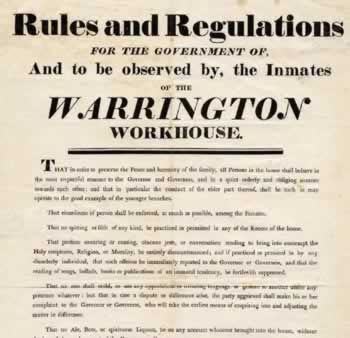No. I'm not talking about a better desk chair, a standing/walking desk, or some kind of modern hybrid open office with a jungle gym or a trampoline or a ping-pong table, I am talking about that workplace institution known as Microsoft Office.
Since at least as far back as I can remember, (sadly, a long time), Microsoft Office and its components have been a necessary evil in every job that I've had, and probably most of the ones you've had too. Sure, in any given job the mix might change - you might have been an Excel jockey in one role, then spent literally hundreds of hours managing Word documents in another, and maybe ended up learning the finer points of PowerPoint after that. And while the Office suite is certainly powerful and capable, the tools allowed you to get work done, they never really seemed to help you get work done, if that makes sense. Not to mention the ages and ages of hours spent searching for Office files, on hard drives, on shared drives, in email attachments and so on.
In many ways the Microsoft Office applications were (and are) overly powerful - we very rarely call upon their advanced capabilities, heck, their basic capabilities are usually good enough for what we have to do. And we also have the benefit of familiarity with them. I would hate to be a novice MS Word or PowerPoint user today.
But since in many organizations, almost all work gets done, (or is documented) in an Office application, (and even some non-Office but still Microsoft applications like Exchange, Sharepoint or Yammer, (remember them?)), the folks at Microsoft have kind of quietly begun thinking about ways that these tools, and their ubiquity in many enterprises can become more than just information storage mechanisms and evolve into something smarter.
A few weeks ago I wrote about a new tech term called CALO - a Cognitive Assistant that Learns and Organizes, and speculated that CALO would be the next important acronym in HR and workplace technology. Well it seems like the folks working on Microsoft Office are with me on that, (or really, I am with them), on this concept of CALO as evidenced by a project that was announced back in March, but I just heard about this past week, something called Oslo. Microsoft Oslo
Microsoft Oslo
What is Oslo?
Check this excerpt from a blog post in March on the Office blog announcing the concept:
Next-generation search and discovery – let information find you
The goal for Oslo was not just to reimagine search, but to help people get their work done in a quicker, more informed, and even delightful manner. After all, your job isn’t just to “search.” You use search as a tool to get your actual job done. This more ambitious goal drove us to ask how we could remove the information silos that exist across applications, better support information discovery, and enable teams to work together as a network. The result is not just a search solution, but a new way of working – proactive, transformational, and delightful. Oslo is the first in a new breed of intelligent and social work experiences.
Rather than list an exhaustive set of features, let’s see how Oslo transforms the world of work.
Oslo is proactive and personalized for you
If you are like me, your days at work are packed: several hours of scheduled meetings, lots of emails waiting to be read and responded to, and usually a lot of folks who need to talk about urgent issues. There just aren’t enough hours in the day. Sound familiar?
Oslo can bring moments of peace to those hectic days. It cuts through the noise by showing you what you need to know today, and even what’s likely to be important in the near future. You can see information trending that is associated with what you are working on, and the people within your work network. The information is delivered in a way that is easy to consume and quick to scan.
With Oslo, you don’t have to change anything about the way you work. Through the Office Graph, Oslo is automatically populated with activities you already do every day, such as which documents you share, which people you meet with, and which documents you read. There are private activities, like what documents you viewed, and public activities, like the people you follow in Yammer. Private activities always stay private.
It might be a little hard from that brief description to grasp at the real capability (even in its early stages) of a tool like Oslo, but if you break it down what Microsoft is attempting to do is a classic CALO example.
Oslo is going to 'learn' about you, based on the documents you create, share, and on which you collaborate, the people you email and attend meetings with, the characteristics of those people, the things you search for, the Yammer groups you visit, and the like. Oslo will present information and documents to you based on these signals and importantly, before you had to search for them. And finally, Oslo will help make work more about collaborating with the people you work with, and less about the documents you are working on.
If that still sounds a little cryptic, but you are still interested in this, take some time this week and watch the demo video below, (Email and RSS subscribers will need to click through), that provides some good examples and explanations of Oslo's intent.
If you watch the video you will get a better feel for where Microsoft is heading with Oslo. It's being Beta-tested right now with select customers and should be available to the general public by the end of 2014.
I give props to Microsoft on what they are building with this technology - if they can make working with Office files easy and even fun then they are my heroes.
Have a great week!


 Steve
Steve



